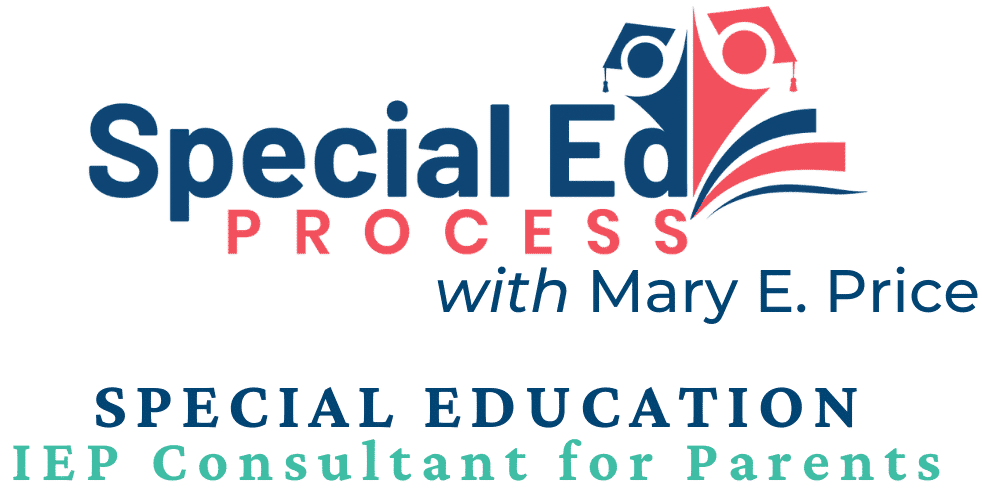Fatal Special Education Mistakes That Could Be Hurting Your Child

Have you ever wondered why your interactions with the school don’t result in the changes you were hoping for? Here are three critical mistakes that could be preventing you from building a working relationship with the school.
When it comes to fatal special education mistakes, I can honestly say I’ve made just about all of them … including the ones listed below.
Unfortunately, the person who paid the price for those mistakes was my son. Why? Because special education mistakes often take a long time to fix. During that time, my son was not receiving the educational program he needed. Also, my actions gave the school ammunition to use against me during a due process proceeding.
It is my hope that by sharing this information, I can help you avoid making these costly mistakes.
1. You Are Allowing Your Emotions To Guide Your Actions

The special education process can be incredibly stressful. Many parents, including me, reach a point where their interactions with school personnel leave them feeling angry, frustrated, and distrustful. You must find a way to set aside your feelings so that you can make decisions based on facts, not emotions.
So, what does it mean to set aside your feelings? It means that it’s all right to feel angry, frustrated, and distrustful. As long as you don’t allow those feelings to show during your interactions (emails, phone calls, etc.) with the school.
This reminds me of a Dry Idea deodorant commercial from the ’80s that said, “Never let them see you sweat.” Even when your feelings are justified, you must remain calm, cool, and collected. If you are unable to set aside your feelings, you will undoubtedly make educational decisions that are not based on sound judgment.
Equally important, should you find yourself in a due process proceeding, the school will use your interactions to label you as argumentative, threatening, and/or hostile. This is a common tactic. By painting you in a bad light, the school can deflect attention away from their actions (or inaction) regarding your child’s educational program.
2. You Are Rejecting Services Proposed By The School

Rejecting specially designed instruction (SDIs) or related services the school is proposing may end up costing you valuable time.
As Parents, we often believe the intervention the school is proposing is not going to benefit the child. And our assumptions may be correct. But here’s the thing, it really doesn’t matter what we (as Parents) think about the level of benefit.
What does matter is whether you can prove there will be no benefit. The only way to do that is by allowing the school to implement the proposed intervention.
Common Scenario: (This has happened to me several times.) In September, the school identifies an area of need and proposes an intervention (SDIs or related services). You reject the intervention because you believe there would be no benefit to your child. The area of need is, therefore, not being addressed. It is now February and you contact the school about addressing the area of need.
The school proposes the exact same intervention. Again, you reject the intervention. The area of need is not addressed. It is now June and the school year is about to end. An entire school year has gone by without the area of need being addressed.
You can avoid this scenario by simply allowing the school to implement the proposed intervention. During this time, you can gather objective data and information to support your claim of no educational benefit
Also, should you find yourself in a due process proceeding, the school may claim that they proposed an intervention they believed was reasonably calculated to be of educational benefit and you interfered with that process. You can avoid all of this by simply allowing the proposed intervention to be implemented.
To recap, here are 2 fatal mistakes that could be hurting your child:
- You are allowing your emotions to guide your actions
- You are rejecting services proposed by the school
The good news is that while you may be guilty of some, or all, of these mistakes, you have the power to turn things around. It’s never too late to change the way you think and act. Even small changes can have a profound impact on your ability to fully participate in the development of your child’s educational program.
Disclaimer: Mary Price is not an attorney or legal expert. Special Ed Process does not offer legal advice. Click here for Full Disclaimer.



